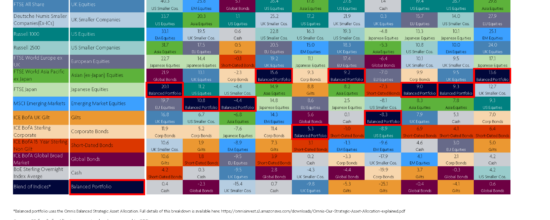Markets unfazed by surprise UK election announcement
By Andrew Summers
The unexpected announcement of a general election for Thursday, July 4th, has sent political shockwaves across the UK. However, financial markets have shown a surprisingly muted response. Whether considering the movements of sterling, the 10-year gilt yield, or the FTSE 100 equity market, the reaction has been minimal.
We see two principal reasons for the muted response:
Firstly, the Labour Party has enjoyed a very strong poll lead over the Conservatives for some time and it currently stands at around 20%. Markets have thus priced in a Labour election victory, which has partly been achieved by creating a moderate policy image to voters.
Secondly, on fiscal policy the two major parties are not far apart. On public finances, Shadow Chancellor Rachael Reeves will almost match Jeremy Hunt’s fiscal rules. She would restrict the current budget deficit – borrowing excluding investment – to 3% of GDP, which is a looser rule than Mr Hunt, restricting the total budget deficit. But the binding constraints on government borrowing at present is the current government’s rule that debt-to-GDP must be forecast to fall within the next few years. Labour has promised to stick to this rule. Together, this means that both parties have promised to adopt similar fiscal paths.
The two major parties are both committed to maintaining the Bank of England’s role in setting monetary policy, ensuring that remains independent. The two main parties’ plans for stimulating growth are insufficiently detailed to have a market impact yet, including any Labour plans to forge closer economic arrangements with the EU.
As a result, analysts still predict that the Bank of England will reduce interest rates this summer as inflation trends downward. Consequently, gilt yields may decline gradually. This is despite notably disappointing recent inflation data for April. Indeed, it may have been this development and the reduced chance of a June interest rate cut that persuaded the Prime Minister that there was little point holding off on calling a general election in the hope of early rate cuts. The Consumer Price Index (CPI) showed annual inflation slowing to 2.3%, close to the target rate, largely due to cooling energy prices. This was above market analyst expectations of 2.1%. Beneath the headline rate, services inflation remained stubbornly high at 5.9%.
Given the UK's limited fiscal headroom, as noted by the Office for Budget Responsibility, fiscal constraint may actually be seen as a stabilizing factor. With little room to enact significant fiscal changes, any new government's ability to disrupt markets should be restricted. Therefore, the market's reaction to the election outcome is likely to remain subdued in the near term, regardless of which party wins on July 4.

